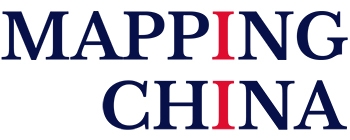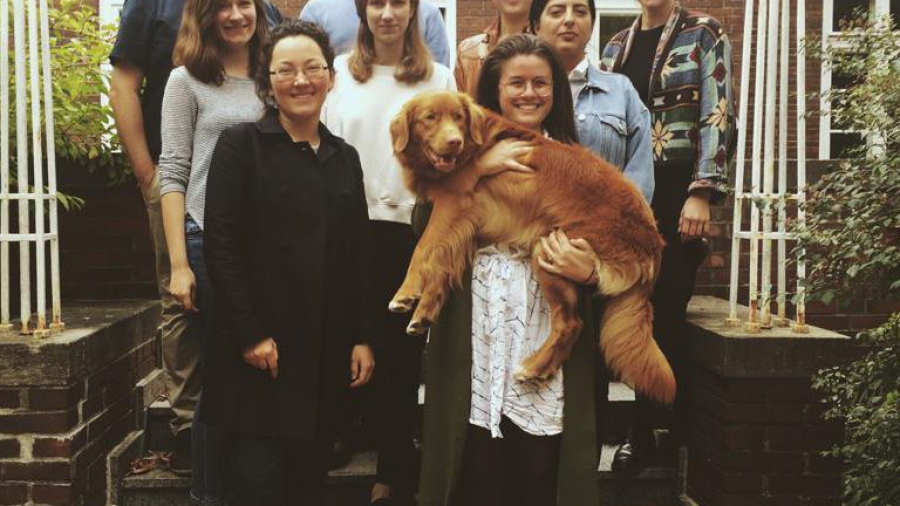From 10 September to 14 September, we were holding the first Mapping China Summer School on the topic of “Research Design and Research Methodology” in Berlin. For one week, eight participants ranging from Master to PhD level with different academic backgrounds gathered in one room to learn more about how to design a good research proposal and jointly improve their research designs. Every morning from 9am to 1pm Dr. Gregor Walter-Drop, Managing Director of the Center of Area Studies at Freie Universität Berlin, delivered input in form of a lecture. The topics ranged from the philosophy of science as the fundamental knowledge behind every research process over the circular course of the research process itself to an overview of different research methodologies and designs. During the lecture every participant was required to introduce the group to his or her research interest and question, which was continuously worked on and rephrased throughout the seminar.
On Monday evening the start of the summer school was celebrated with a keynote speech by Ting Luo, who is based as a research associate at the Hertie School of Governance in Berlin. She introduced the participants of the summer school and invited guests to the research project she is currently working on, namely “Authoritarianism 2.0: The Internet, Political Discussion, and Authoritarian Rule in China” led by Daniela Stockmann, Professor of Digital Politics and Media at the Hertie School of Governance. Tying back to the overall topic of the summer school she advised the participants to always keep in mind the importance of the right research question, one that is interesting, answerable and allows theoretical contributions. After the key note speech, the participants, guests, speaker, and organizers joined in a welcome gathering accompanied by Turkish food and snacks, which offered various opportunities for informal exchanges and networking.
To allow the participants to socialize and learn more about the history of Berlin, the group visited the museum “The Story of Berlin” on Tuesday afternoon and took part in an interesting guided tour through the museum. A last highlight of the summer school was a panel discussion on Thursday afternoon on the topic of “Field Research in Autocratic States”. Wiebke Rabe (Hertie School of Governance), Dorit Happ (HWR Berlin), and Jan Köhler (FU Berlin) shared their experience and provided valuable tips and tricks on how to approach field research in countries with an authoritarian system. Since many of the participants and invited guests are facing challenging political and social environments in Central and East Asia during their up-coming field trips, a lively discussion evolved covering topics like approaching interview partners in sensitive settings, working with field assistants, dealing with gender discrimination or the social pressure to consume alcohol and the challenge of not getting too involved within the setting of a field trip among others. The discussion concluded with an informal gathering over pizza and wine.
We are very happy about the extremely valuable input as well as the interesting discussions and debates which took place throughout this week. We want to thank everyone for their contribution, especially our lecturer, speakers and panelists as well as all our participant who made this summer school a success! It was a worthwhile experience!
If you are interested in participating next year, have a look at our 2018 testimonials.




